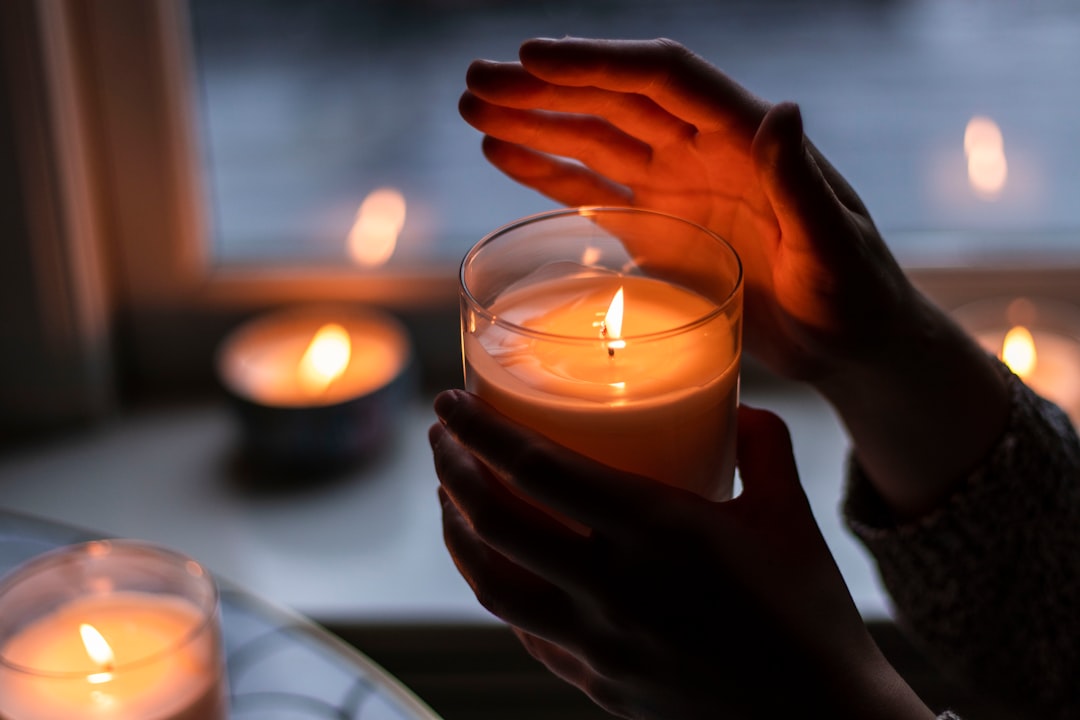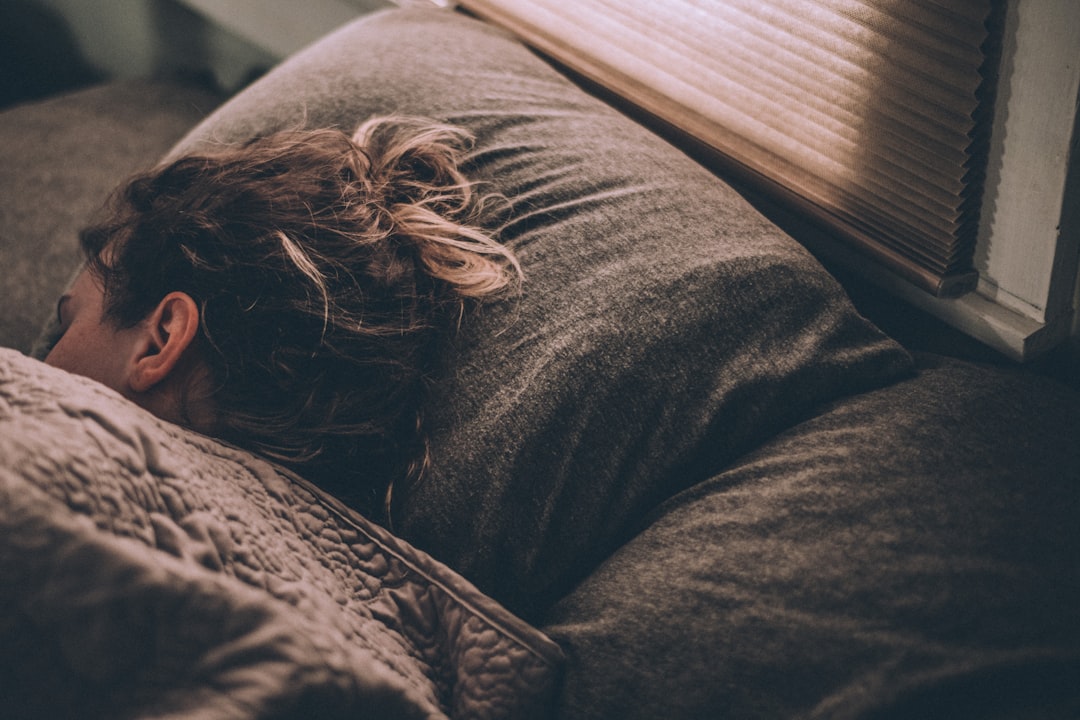
Do you grind your teeth at night? Grinding your teeth while sleeping is known as sleep bruxism. It is a common condition in adults in which you grind, gnash, or clench your teeth unconsciously while sleeping. One major issue with sleep bruxism is that it is much more difficult for people to be conscious of their nighttime teeth grinding. Teeth grinding while sleeping can increase the risk of problems with the temporomandibular joint (TMJ), the joint that connects the lower jaw to the skull. It can leave you with ear and jaw pain, difficulty chewing, and facial pain. Additionally, teeth grinding might interfere with sleeping, leaving you with less energy the next day. To help you avoid, prevent, or minimize teeth grinding at night, this article will provide you with the ultimate guide to preparing for sleep to minimize teeth grinding for better rest and sleep.
Relax and Unwind Before Going to Sleep
According to the National Institutes of Health, stress, depression, and anxiety could all be associated with some people’s tendency to grind their teeth. You may unconsciously clench your jaw and grind your teeth as you sleep if you are stressed or anxious. You might be able to relieve at least some of that stress and encourage restful sleep by simply taking some time to relax and unwind before bed.
Think about creating a nighttime routine that works for you. You can try to do things that help you relax and unwind, such as:
- Practicing meditation
- Lighting candles
- Taking a nice hot bath
- Listening to relaxing music
- Reading a book
- Watching a movie
- Spending time with your loved ones
Before Bed, Avoid Food and Drinks That Could Cause Teeth Grinding
Studies show that alcohol, coffee, and tobacco use are all strongly linked to teeth grinding. As a result, it is best to avoid these things before bed. Try consuming caffeine-free substitutes in place of caffeinated drinks like coffee towards the end of the day. In addition, there is a link between sugar and teeth grinding, so it is best to avoid sugary food before going to bed. Choosing chamomile or herbal tea is an excellent way to relax naturally and treat symptoms of teeth grinding, which are exacerbated by nervous tension. Magnesium regulates mood and promotes calmness. Incorporate foods high in magnesium into your diet, such as: Dry-roasted almonds Boiled spinach Bananas Fish Black-eyed peas Peanut butter These will aid in relaxing muscle tissue and blood vessels, preventing the grinding of teeth brought on by tense or spasmodic jaw muscles.
Practice Jaw Exercises Before Bed
Exercises for the jaw muscles can aid in facial and jaw relaxation and help you keep your jaw in the right position. You can reduce teeth grinding while you sleep by doing this regularly. Practice jaw exercises every night until your body gets used to sleeping without teeth grinding. To better understand the different types of jaw exercises, you can check out these jaw exercises to stop teeth grinding.
Wear Mouth Guards While Sleeping
The best way to sleep if you’re currently suffering from teeth grinding at night is to wear a mouth guard. These mouthpieces hold the jaw in a particular position and act as a barrier to lessen the risk of teeth grinding and causing damage. Some mouth guards also slightly open the jaw, which helps your cheek muscles unwind during the night. It functions to stop clenching and grinding by stabilizing the mouth and jaw.
A mouth guard may cover the entire top or bottom row of teeth or both top and bottom, and you can get them in various thicknesses, depending on how much you grind or clench your teeth while sleeping. While you continuously work on completely stopping teeth grinding, mouth guards will ensure that your teeth and jaw muscles are not impacted every time you unconsciously grind your teeth at night.
Bottom Line

Teeth grinding is a common condition that has a wide range of potential causes. However, early action is crucial to avoiding serious dental complications. When you eliminate stress and anxiety every night, avoid things that encourage teeth grinding, perform jaw exercises, and wear mouth guards while sleeping, you should experience significantly less teeth grinding — eventually, the condition will completely go away.
For your mouth guard needs, check out Shopremi.com. We provide high-quality custom mouth guards and teeth-whitening kits to prevent nighttime teeth grinding and enhance your overall dental health.














